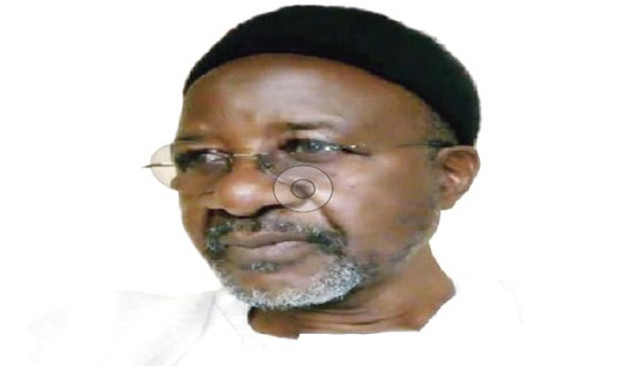The national president of the Parents-Teachers Association of Nigeria, Haruna Danjuma, has criticized the Federal Government's goal of achieving a complete transition to Computer-Based Testing (CBT) for West African Examinations Council (WAEC) and National Examination Council (NECO) examinations by 2026 as unrealistic and impractical.
In April, the Minister of Education, Dr. Tunji Alausa, announced that WAEC and NECO would fully transition to CBT by May/June 2026, starting with objective papers in November 2024, before implementing both objective and essay sections by 2026.
Danjuma expressed that this goal can only be achieved if state governments make urgent investments in essential infrastructure within schools nationwide.
He emphasized that the 36 governors and the Federal Capital Territory Minister must ensure that all senior secondary schools are equipped with functional computer laboratories powered by solar energy.
He further stated that there is a necessity for digitally literate teachers and computer instructors to train the more than 70 percent of students who are not yet computer literate, highlighting the inadequacy of infrastructure, especially in rural areas.
Danjuma warned that neglecting the digital divide could marginalize students from underserved communities and undermine the integrity of the examinations.
Secretary of the Education Rights Committee at the University of Ibadan, Nnamdi Ochi, also commented, labeling the Federal Government's mandate for full CBT transition by 2026 as “motion without movement.”
He acknowledged that while CBT could enhance public examinations, the existing educational infrastructure in the country cannot support such a move. He noted that, despite campaigns for better learning conditions, many secondary schools lack basic infrastructure.
Ochi pointed out that Nigeria is currently far from being able to handle this transition, citing the ongoing decay of public education and the lack of facilities in many schools.
He referenced the Joint Admissions and Matriculation Board, which, over a decade after its own CBT shift, still relies on private computer centers for conducting the Unified Tertiary Matriculation Examination, leading to ongoing technical and logistical challenges for candidates.
He concluded that transitioning to CBT for WAEC and NECO under the current circumstances would only exacerbate issues, accusing the Federal Government of lacking genuine concern for students and urging a reallocation of resources to revive public education and ensure it is accessible and affordable for all.
He also called for democratizing decision-making in the education sector by involving students, parents, and education workers through their associations and unions.




















